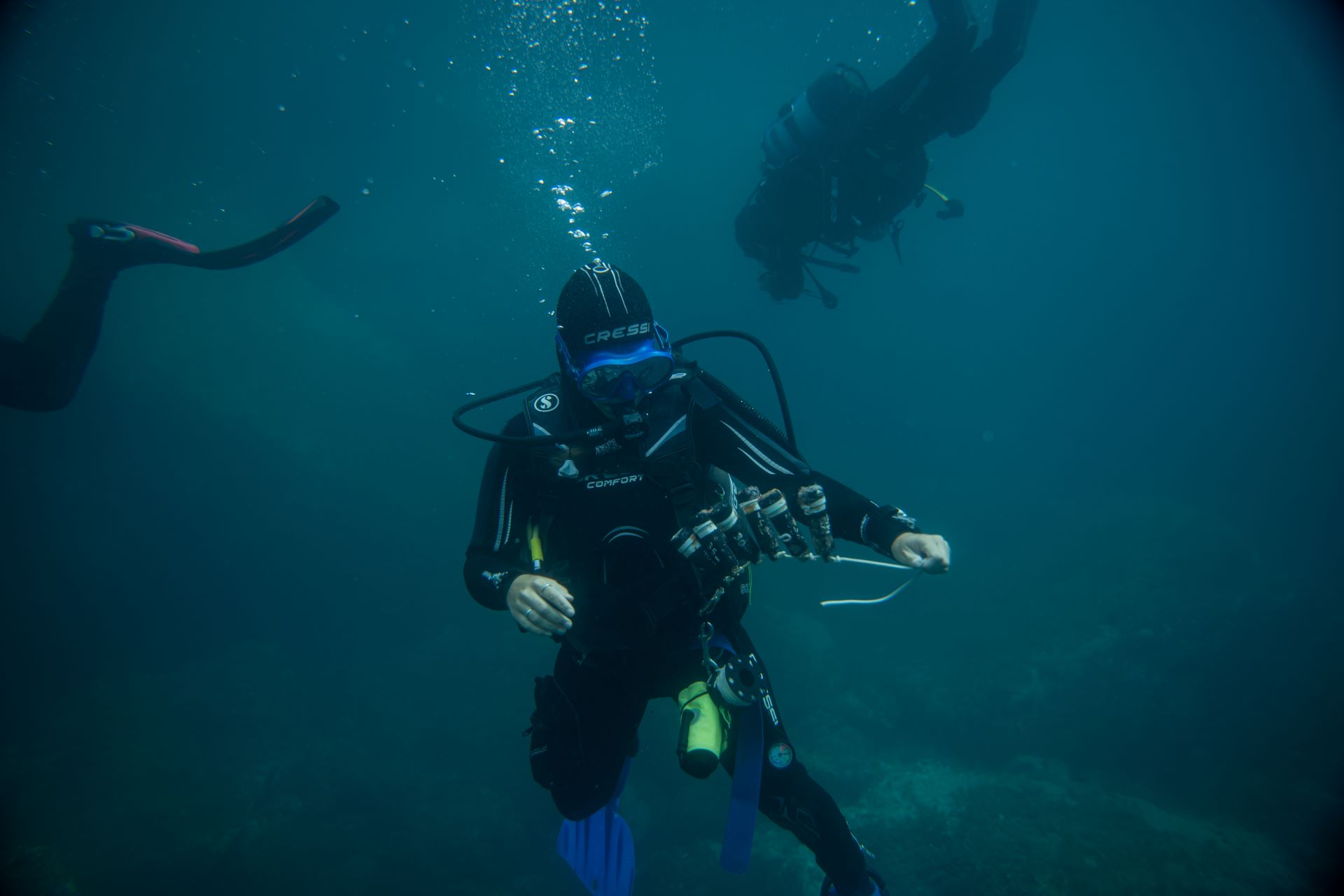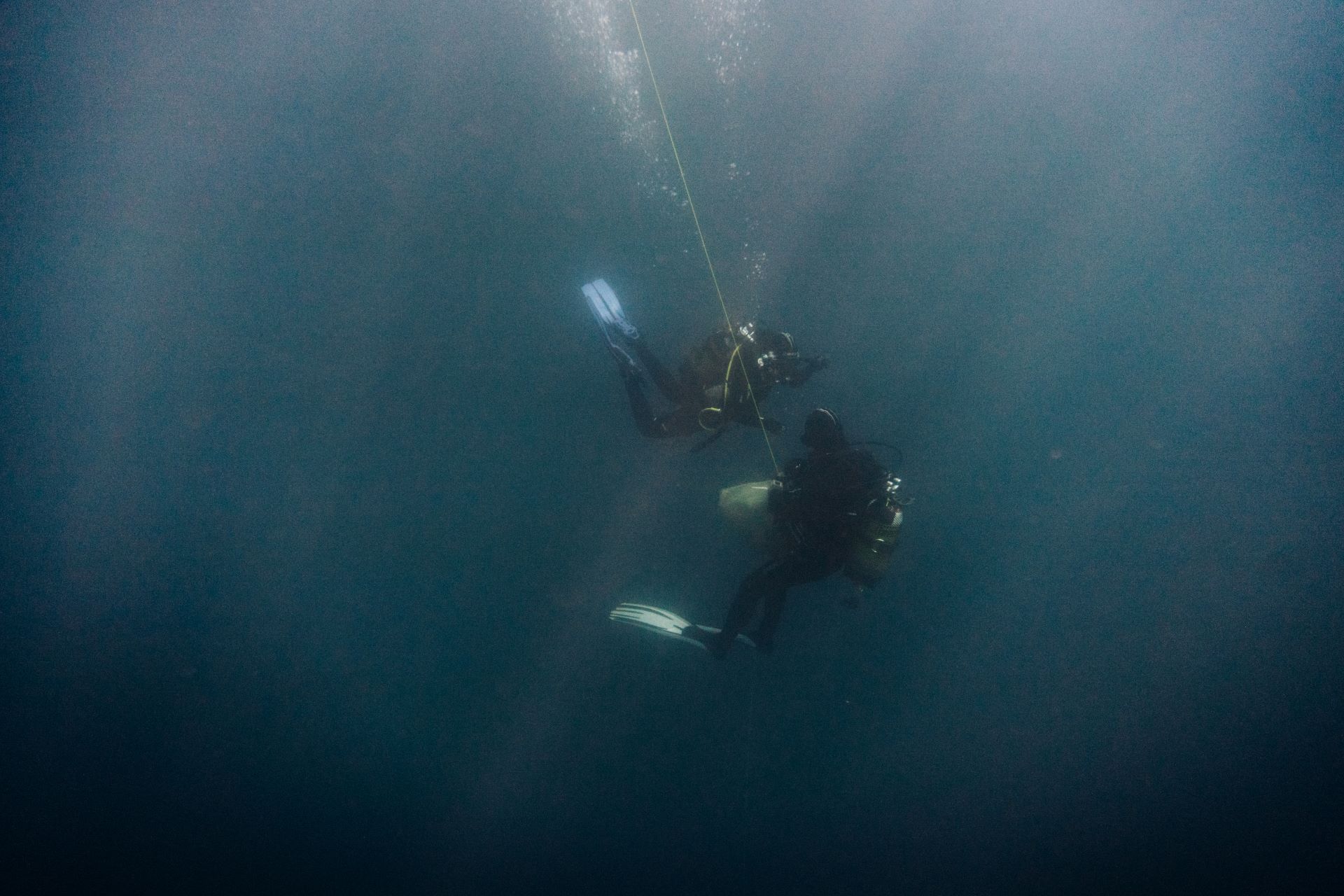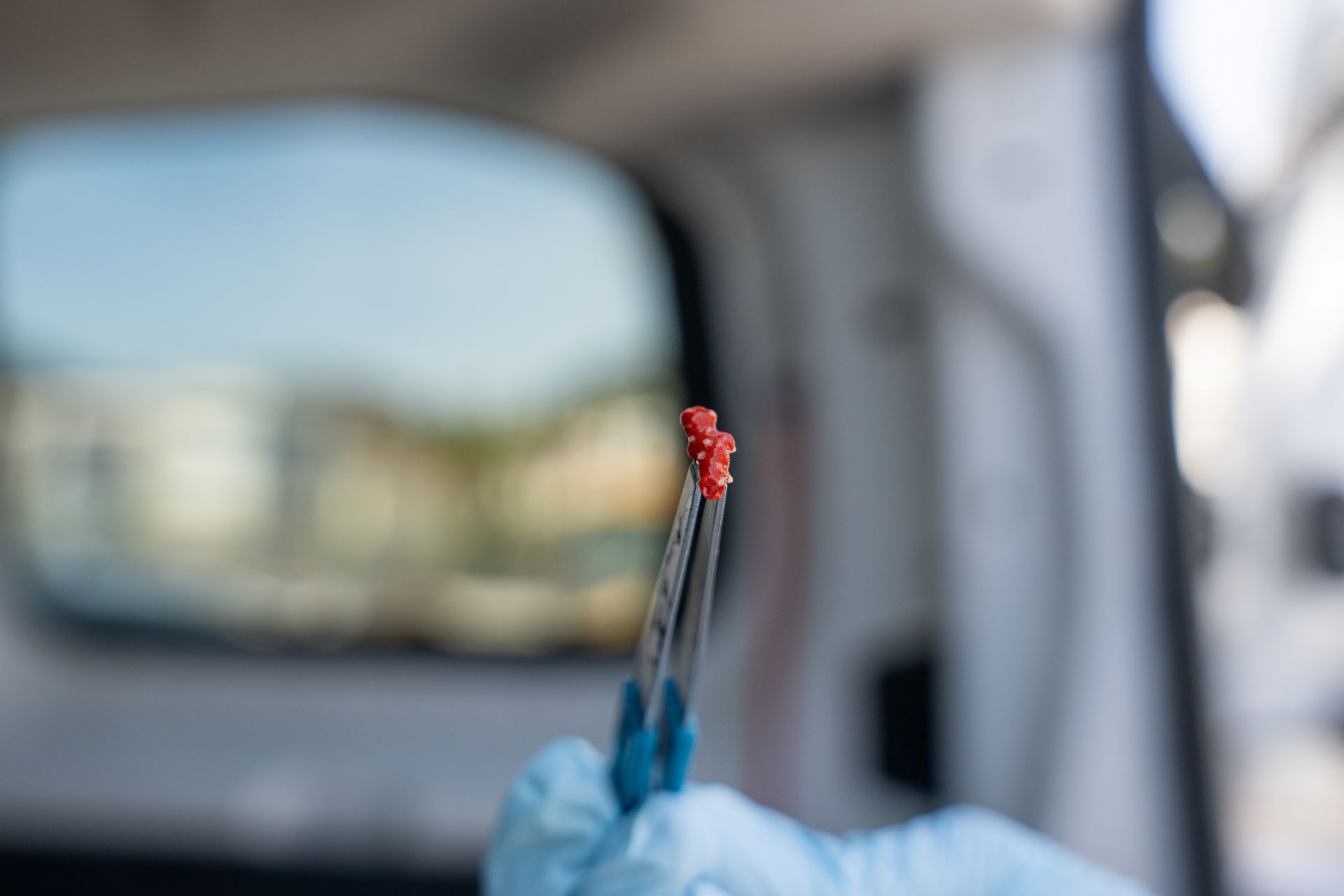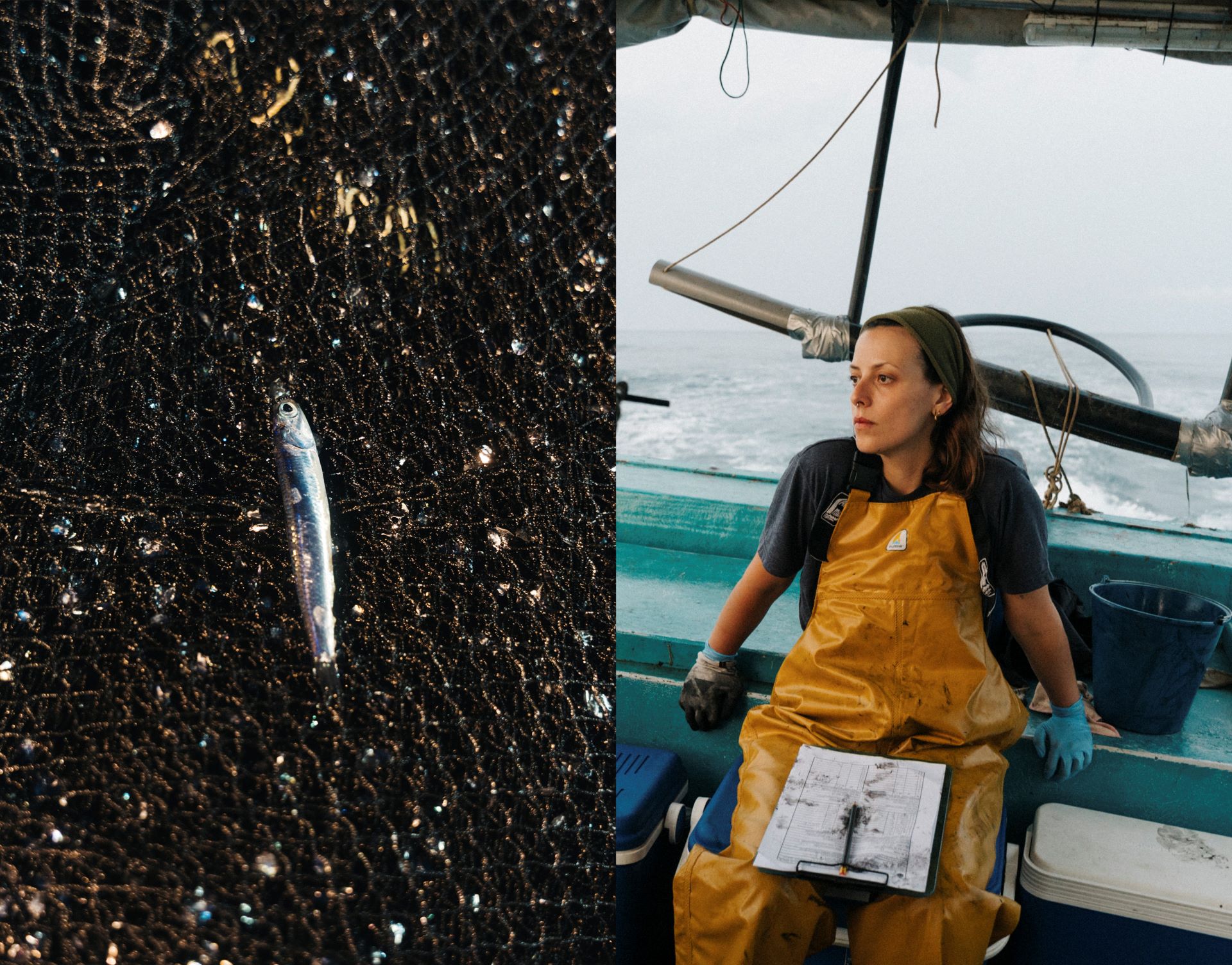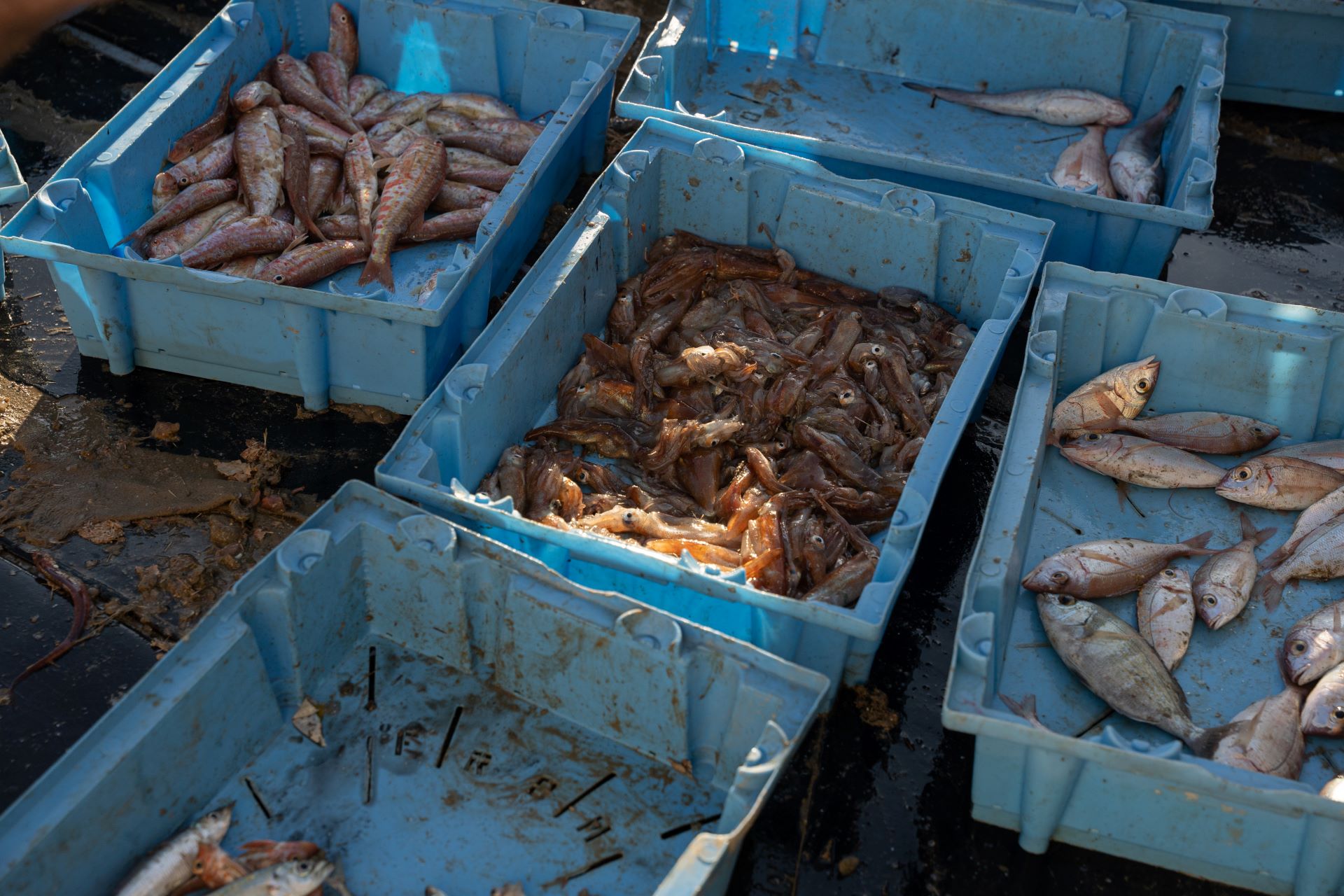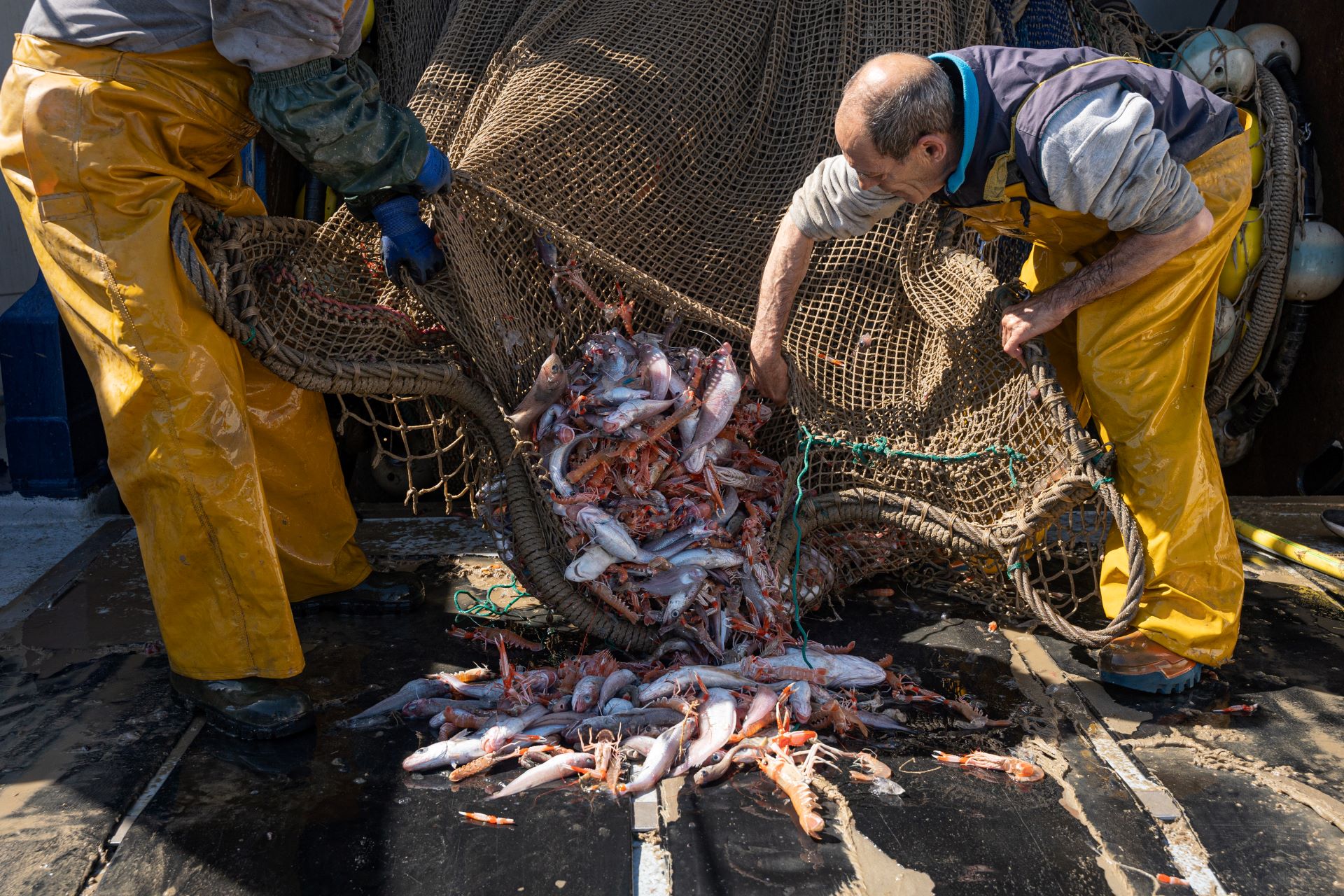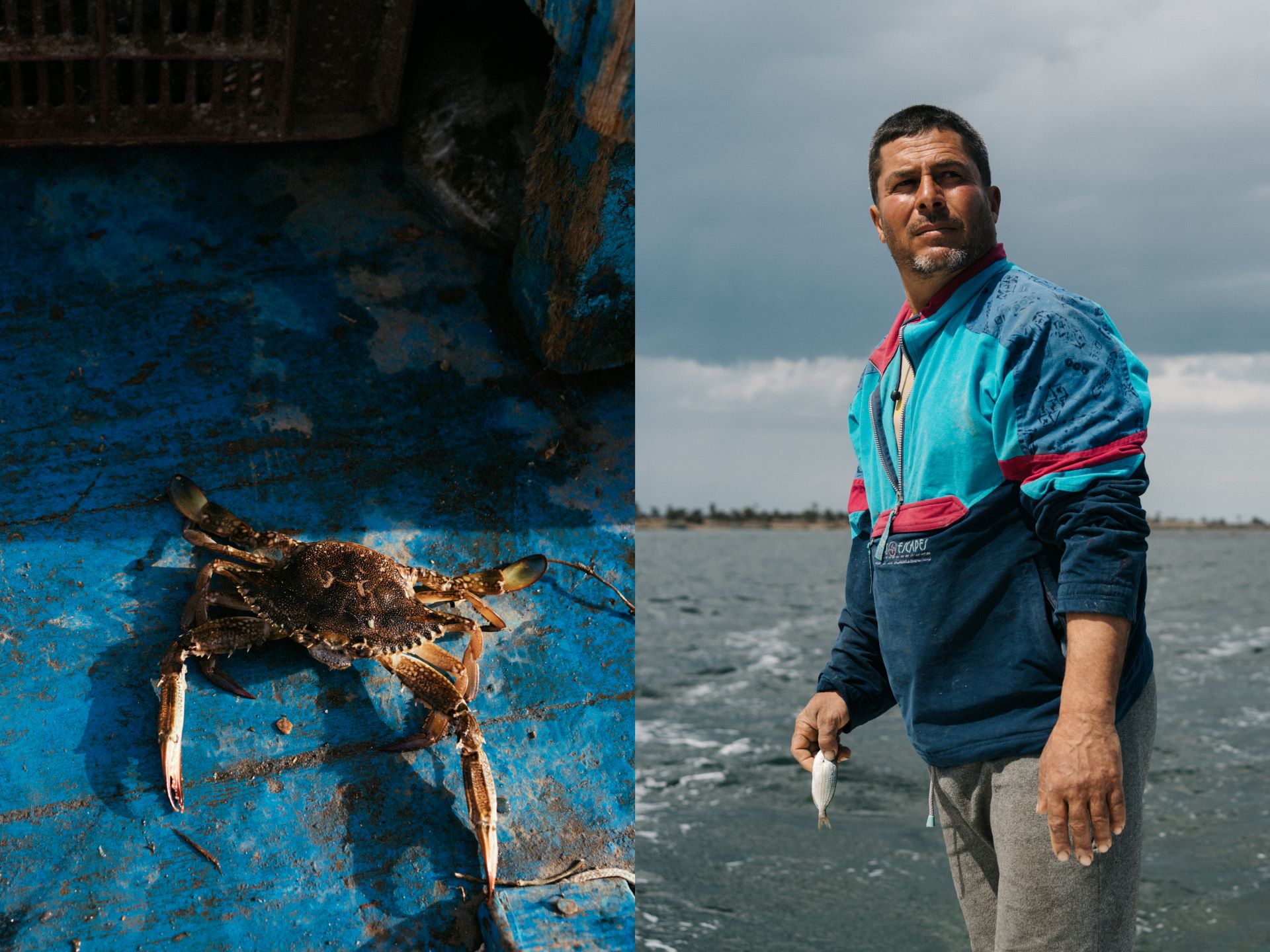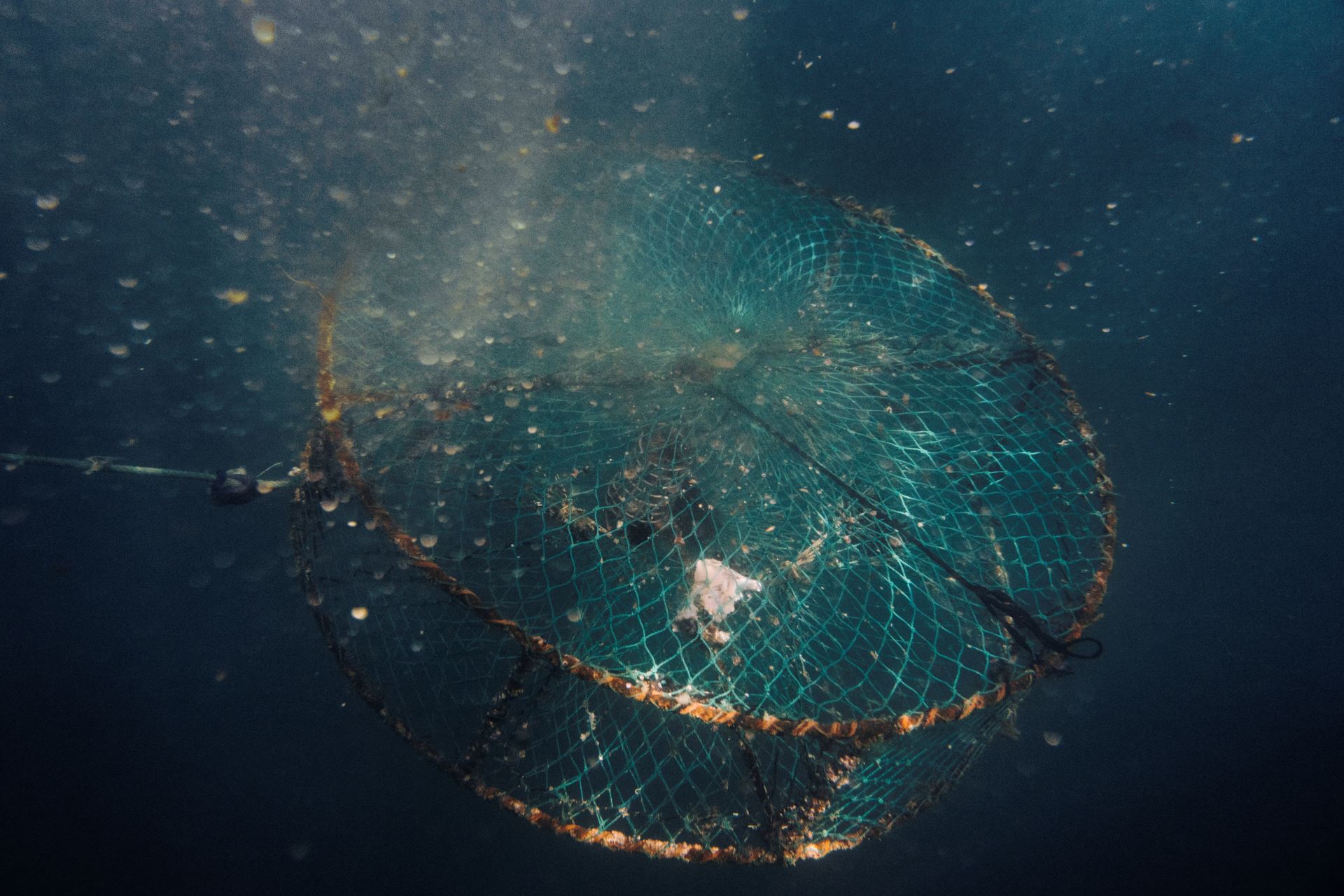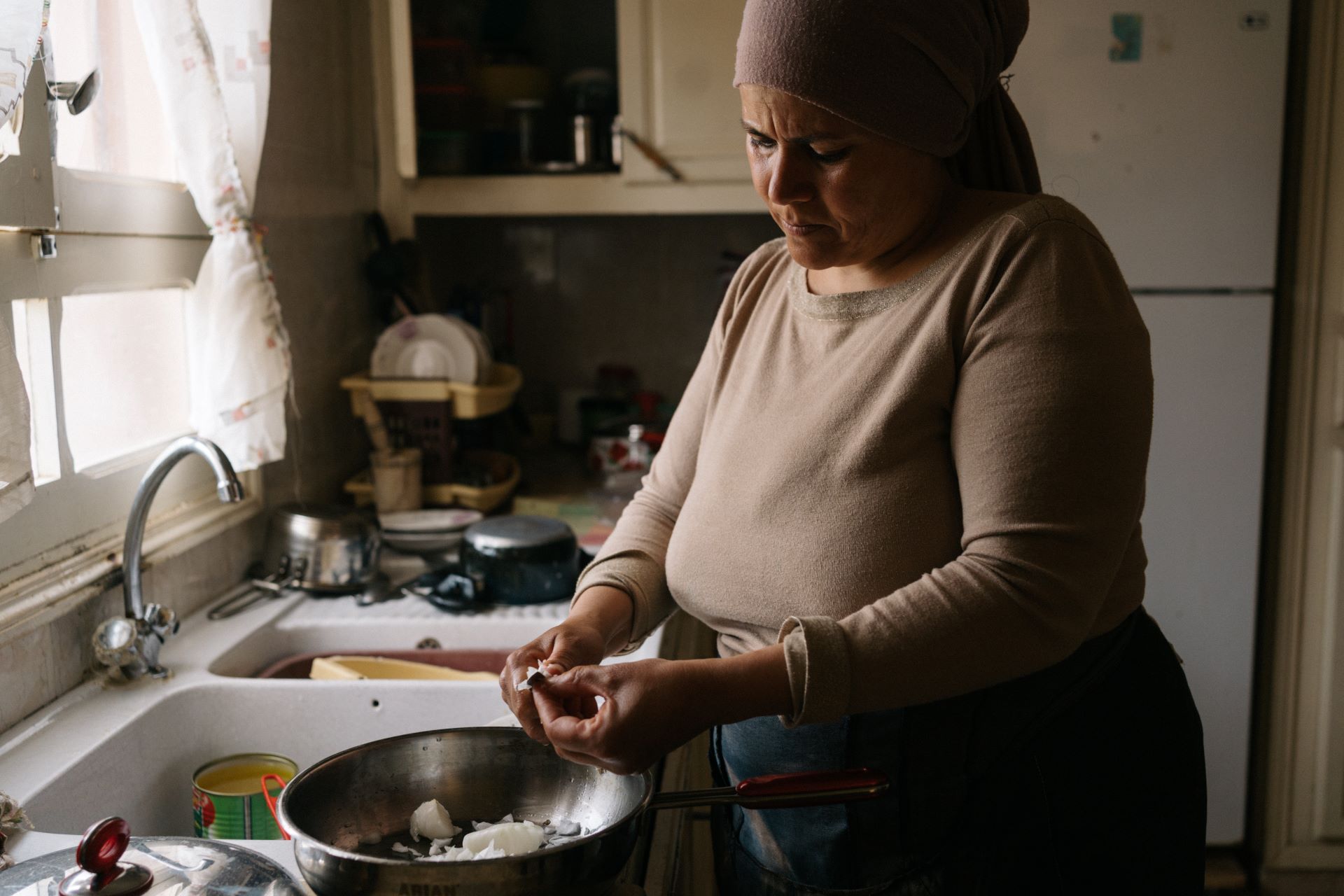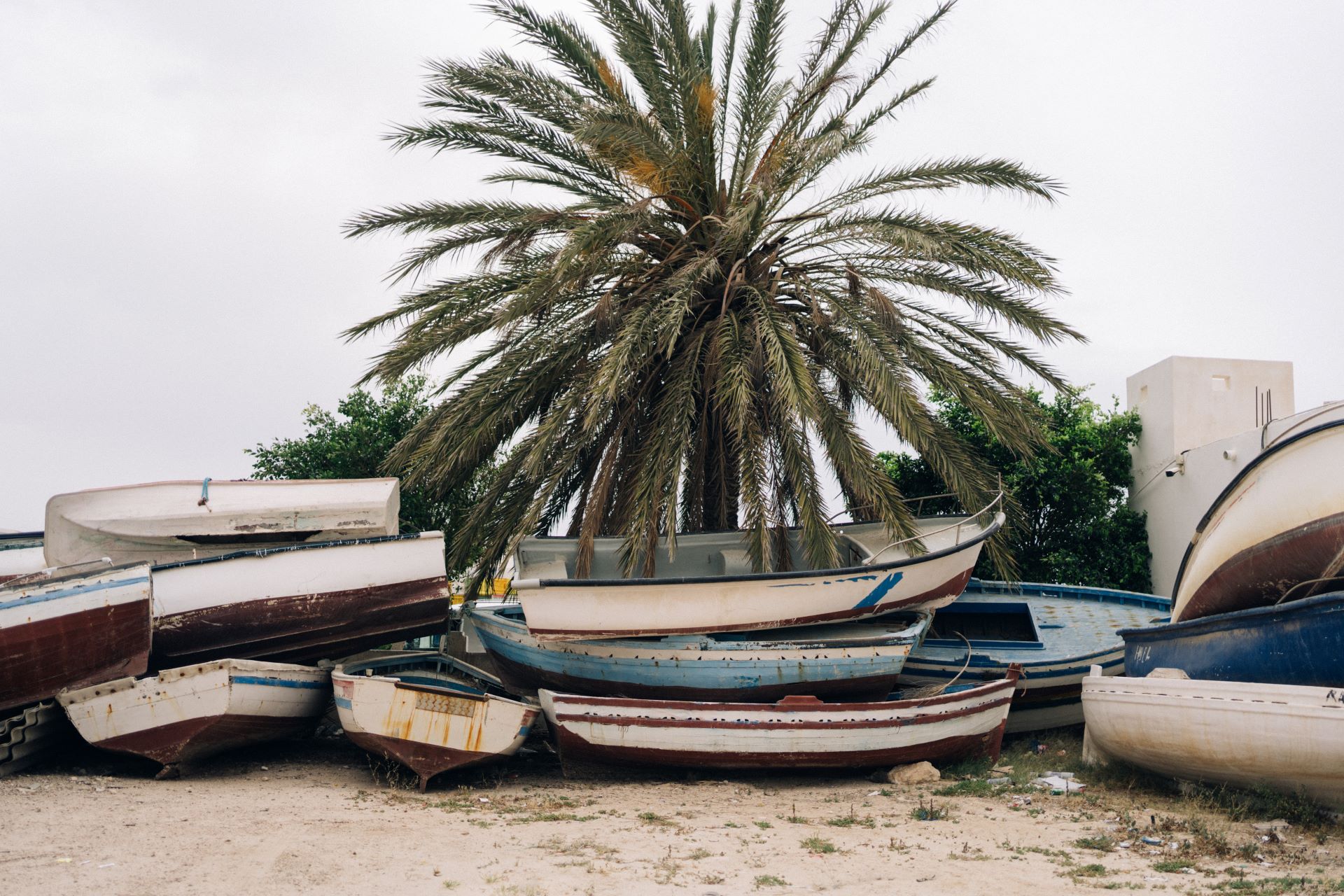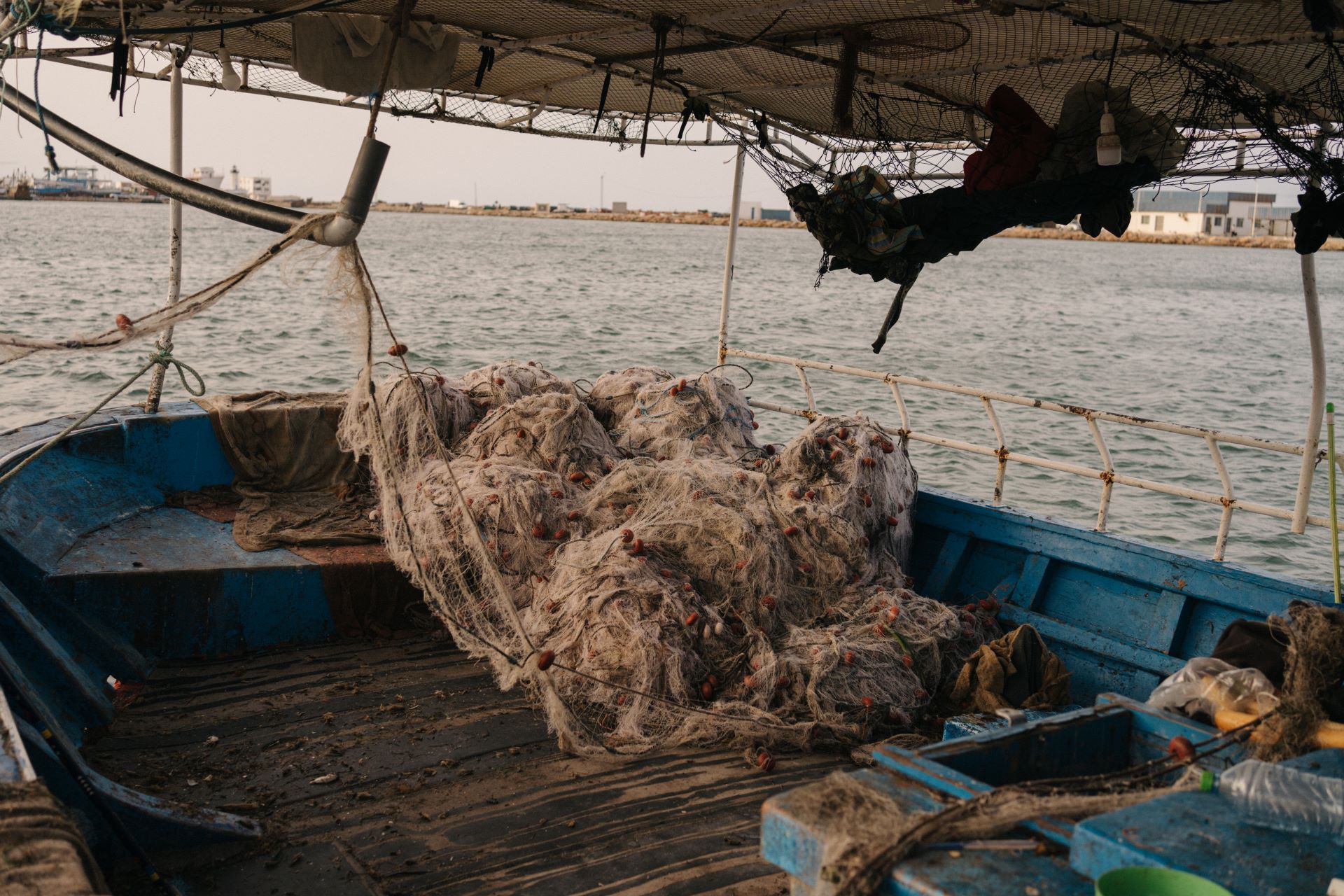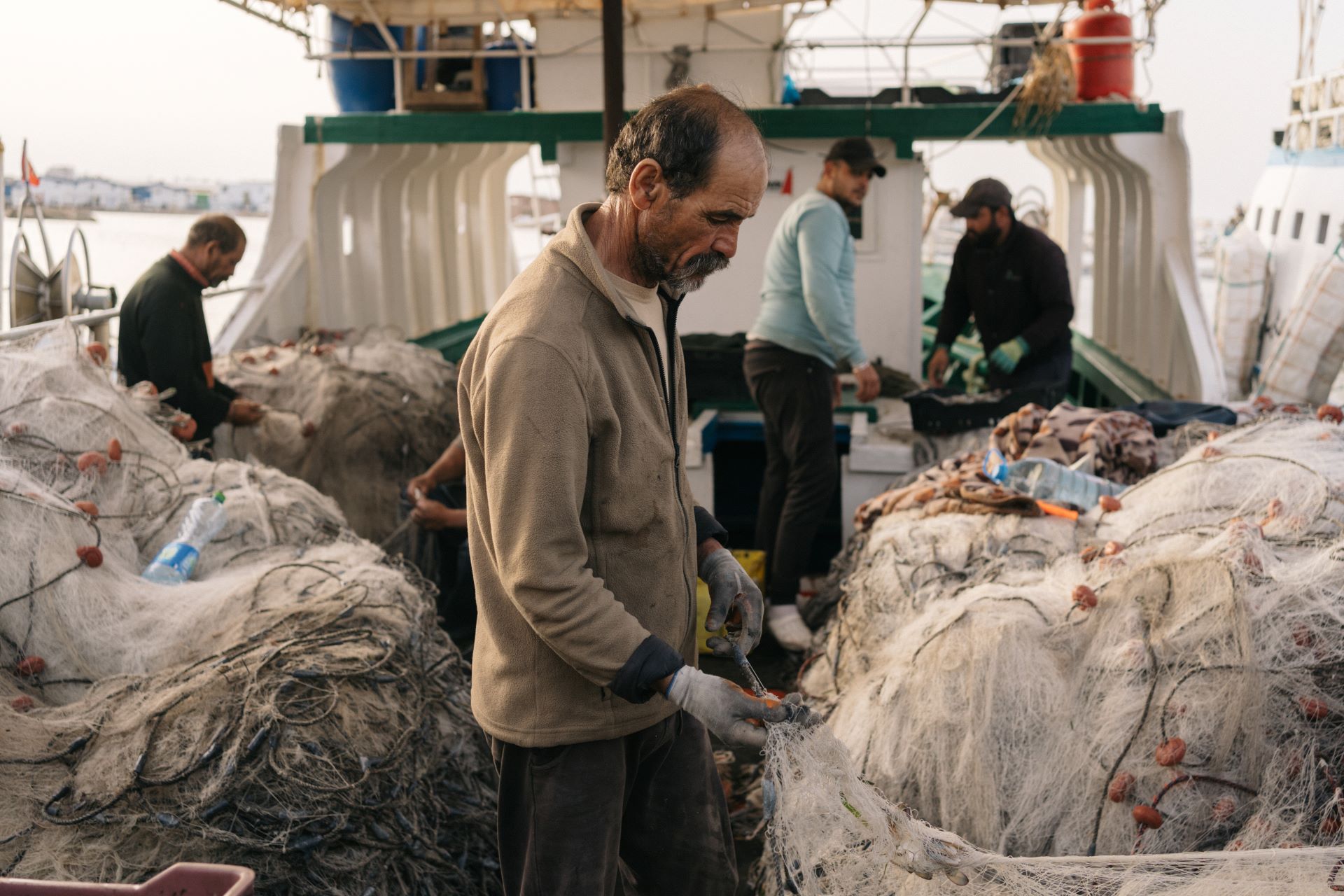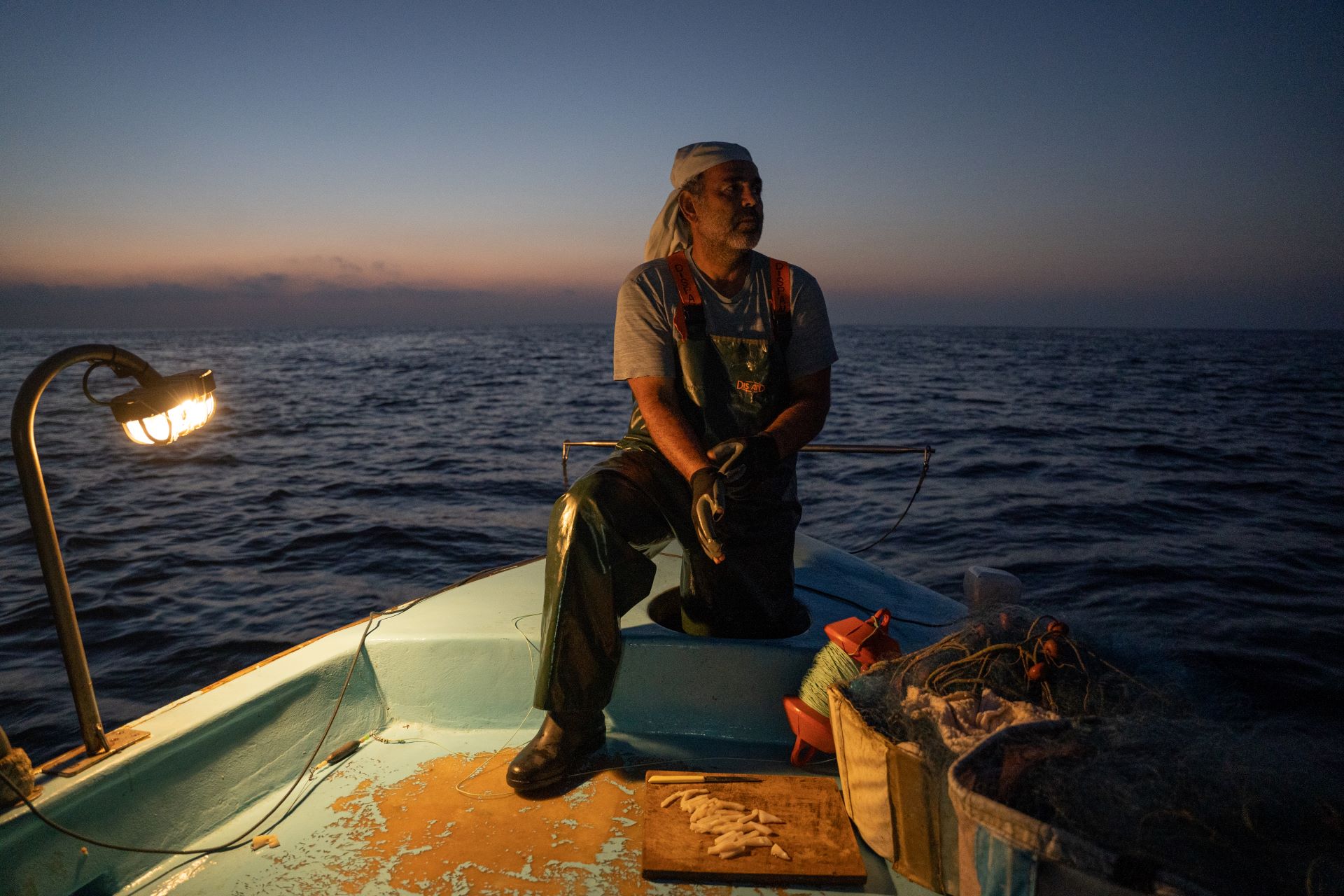Explore the direct impact of rising sea temperatures on coastal communities across the Mediterranean.
The Mediterranean is the fastest warming sea in the world. Its temperatures are going up 20% faster than the global average. This increase in temperature is lethal for marine life. The effects of warming waters and the rising sea levels are already having a direct effect, not just on biodiversity, but also on coastal communities all along the Mediterranean.
In this project we have documented the effects of the warming sea on fishermen across the Mediterranean and the studies scientists are conducting to understand how heat is affecting the sea and its biodiversity.
